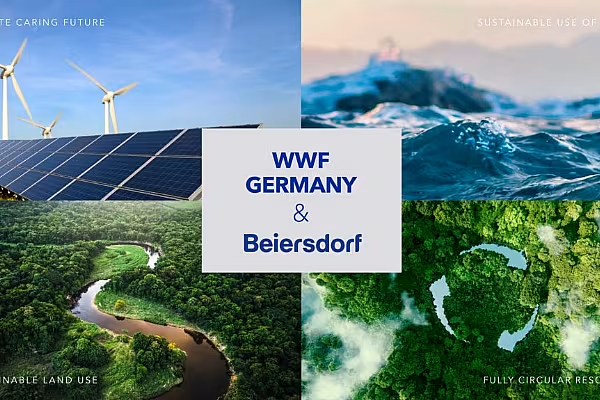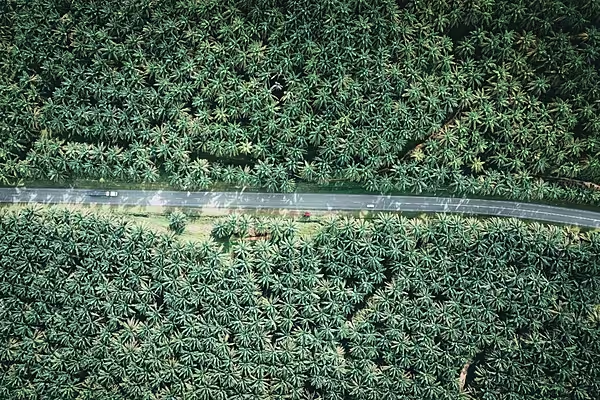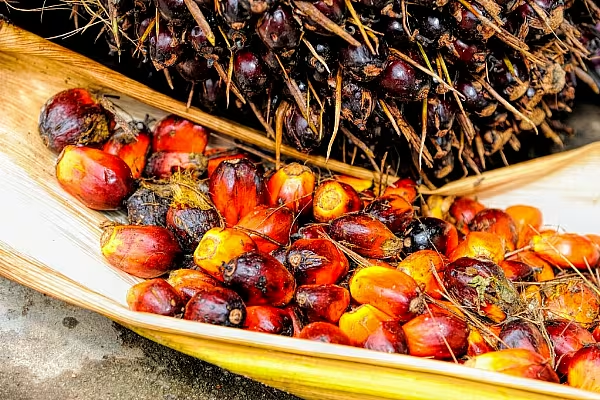Skincare company Beiersdorf and World Wide Fund for Nature Germany (WWF Germany) have announced a strategic partnership that will focus on climate protection, regenerative water environments and fully circular resources.
WWF Germany will advise Beiersdorf on the expansion of existing targets and the definition of additional ones, with the aim to strengthen the holistic approach to sustainability within the skincare company.
Targets include reducing greenhouse gas emissions throughout its entire value chain, sustainable use of water in its business operations and the supply chain, and using circular resources for its products and packaging.
Beiersdorf And WWF Partnership
WWF Germany has been advising Beiersdorf on its climate strategy since 2016 and is closely involved in the development of the company’s science-based climate targets around Scope 1-3 emissions.
WWF Germany and Beiersdorf have worked together on two projects dedicated to sustainable palm oil cultivation and local nature and species conservation in Malaysia and Indonesia.
"Companies play a crucial role in stopping the ongoing loss of biodiversity," said Dr Martin Bethke, managing director, markets and companies at WWF Germany.
"They have a direct impact on accelerating the transition to an economy that can function within the planetary boundaries. This includes driving transformation for a sustainable future in their operations and value chains, as well as in their market and regulatory environment. WWF is pleased to be doing this with Beiersdorf directly in the company and in the supply chain," Bethke added.
Nature Protection Programmes
Together with WWF, Beiersdorf will adopt a science-based approach to the regenerative use of water in its supply chain.
Additionally, common supply chain measures will be co-designed to ensure the sourcing of deforestation-free and renewable resources directly at the beginning of the supply chain.
The goal is to prevent the loss of biodiversity through deforestation and to prevent the conversion and destruction of natural ecosystems.
In 2018, WWF and Beiersdorf implemented a project with smallholder farmers in West Kalimantan, Indonesia, to prevent further deforestation, promote the sustainable cultivation of palm oil, and improve the livelihoods of smallholder farmers and their families.
Both partners are also working on a second project located in the conservation area Tabin, Sabah, Malaysia, with Beiersdorf’s supplier Evonik since 2019,
This area is a habitat for several rare and endangered species, such as Orangutans, Borneo Elephants, and the Sunda Clouded Leopard.
The Tabin project entails the protection of existing forests and the species living there, promoting sustainable palm oil production in the adjacent plantations, and restoring degraded land to create essential ecological corridors for local wildlife.














